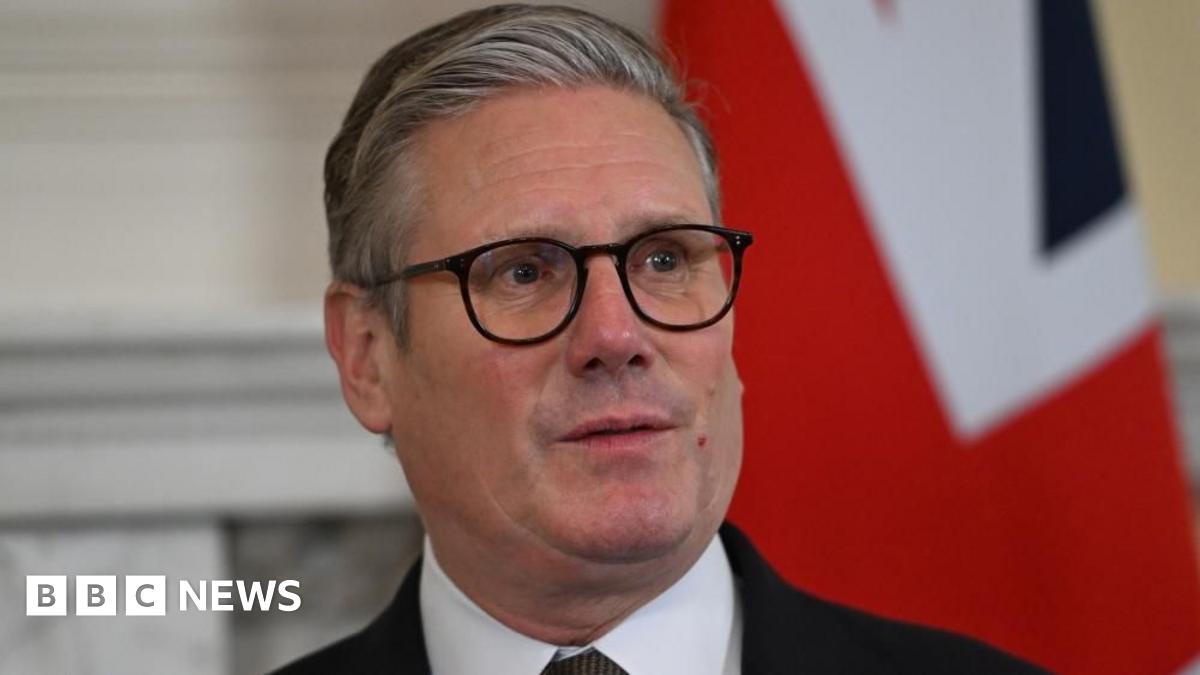Trade Tensions Rise: Starmer Pledges Shield for UK Businesses Against Trump's Tariff Tsunami

In a bold move to navigate complex trade challenges, the prime minister has signaled a dual-pronged approach to addressing potential tariff tensions. While committed to pursuing diplomatic negotiations with the United States to mitigate trade barriers, he is also exploring the possibility of strategic state intervention to protect national economic interests.
The prime minister's statement underscores a proactive stance, demonstrating both willingness to engage in constructive dialogue and preparedness to take decisive action if diplomatic channels prove insufficient. By keeping multiple options open, the government aims to safeguard domestic industries and maintain economic resilience in an increasingly unpredictable global trade landscape.
Negotiations with the US remain a priority, with the prime minister expressing optimism about finding a mutually beneficial resolution. However, the potential for state-level economic strategies signals a comprehensive and flexible approach to managing international trade challenges.
